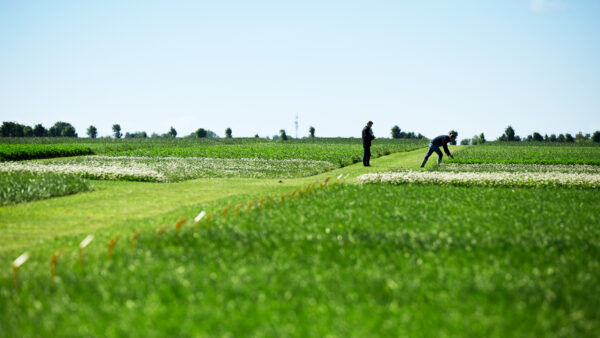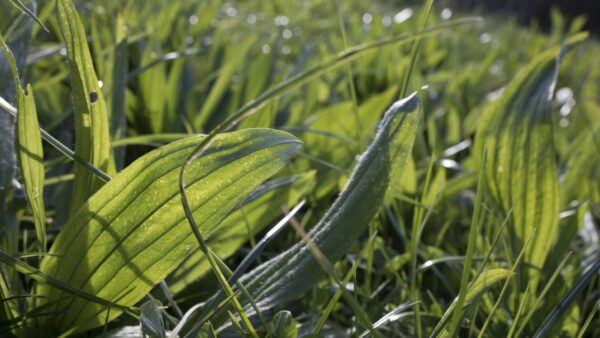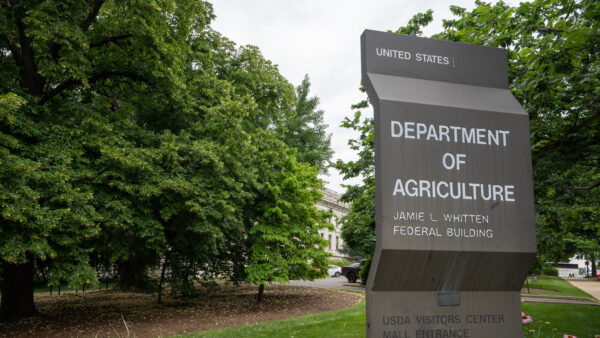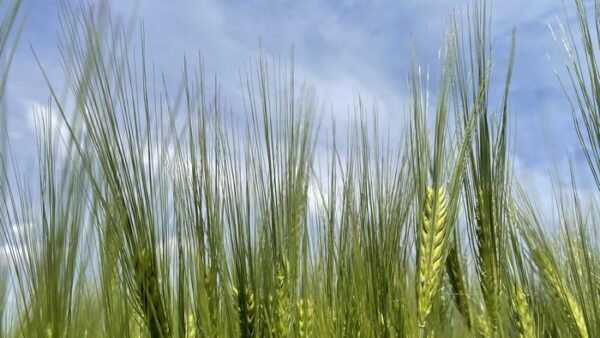The World Vegetable Center (WorldVeg) is pleased to announce it has received two grants from Germany’s Federal Ministry for Economic Cooperation and Development (BMZ) to support vegetable research and development activities in Tanzania and Kenya.
“Amazing Amaranth: Hardy and nutritious amaranth lines and food practices to improve nutrition in East Africa” (EUR 1,200,000) aims to increase availability and consumption of improved nutrient-rich amaranth cultivars. Leaves of amaranth provide essential vitamins and minerals such as vitamin C, magnesium, and potassium lacking in local diets, and the plant also produces a high-protein grain.
WorldVeg will investigate amaranth lines that can serve both purposes, and also seeks to breed cultivars with low levels of oxalates in the leaves. Oxalates, naturally-occurring substances found in a wide variety of foods, can lead to maladies such as kidney stones if they accumulate inside the body.
“Amazing Amaranth” will feature education and awareness activities to promote greater consumption of amaranth through nutrition messages and materials designed to motivate behavior change.
Project partners are Jomo Kenyatta University of Agriculture and Technology in Kenya; Mikocheni Agricultural Research Institute (MARI), Agricultural Seed Agency (ASA), and Horticulture Research Training Institute (HORTI) in Tanzania; and Simlaw Seeds in both countries.
“GrAfrica: Introduce grafted plantlets to improve yield and income of smallholder tomato producers in sub-Saharan Africa” (EUR 100,000) builds on the Center’s decades of experience in vegetable grafting. Joining the tops (scions) of high-value crops such as tomato to bottoms (rootstocks) of compatible plants with good tolerance to soil-borne diseases or flooded soils helps farmers overcome these production constraints. The production of grafted seedlings offers income-generating opportunities for small-scale nurseries.
Despite the benefits, grafting is not well known in Africa. The GrAfrica project plans to teach grafting methods to 50 trainers and 12 nursery operators (preferentially youth and women), who will in turn share their knowledge and skills with 2,500 tomato producers in Tanzania. The Leibniz Institute of Vegetable and Ornamental Crops, Germany, and Sokoine University of Agriculture, Tanzania will participate in the project.
“We’re excited about the prospect of bringing the benefits of improved amaranth to people whose diets are deficient in important nutrients, and also to introduce grafting to Africa, where we expect it will have a significant impact,” said Dr. David Johnson, WorldVeg Deputy Director General – Research. “BMZ has been an outstanding supporter of the Center’s research for many years and we welcome the opportunity to continue this positive and productive relationship.”
BMZ awards grants through a competitive application and review process.
Source: World Vegetable Center










